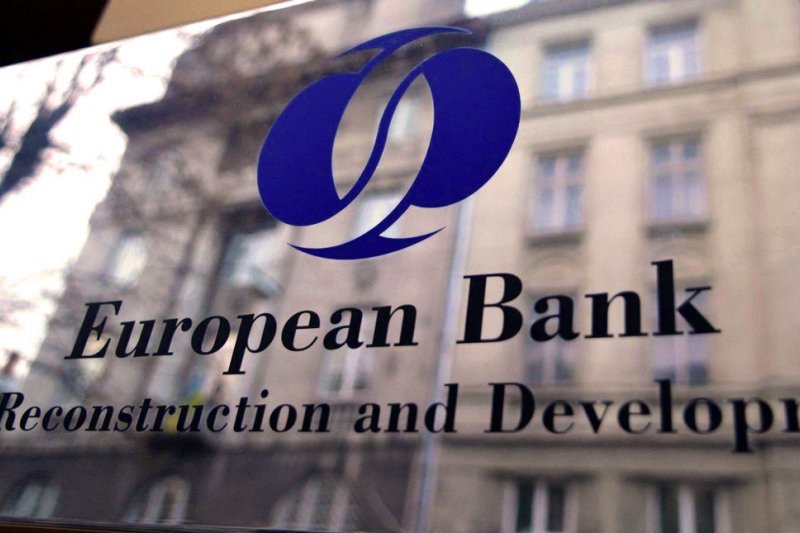EBRD Cuts 2021 GDP Growth Projection by 9%
The European Bank for Reconstruction and Development (EBRD) said on Thursday that it expects Albania's gross domestic product (GDP) to drop by 9% in 2020 before a 4.5% rise in 2021.
“The Covid-19 pandemic is affecting the Albanian economy primarily through its negative effect on tourism, which normally contributes to more than a fifth of the country’s GDP," the EBRD said in the latest edition of its Regional Economic Prospects report.
In May, the EBRD projected that Albania's economy will shrink by 9% in 2020 before growing 12% in 2021.
The country's economy was also hurt by a 17% decrease in exports of goods in the first seven months of the year, including a sharp drop in goods exports to its main trading partner - Italy.
Private consumption was largely damaged by the decline in remittances, which decreased by almost one fifth in the first half of 2020.
“Taking everything into account, Albania's GDP is projected to contract by 9.0% in 2020, rebounding by 4.5% in 2021, supported by reconstruction after the earlier earthquake,†the EBRD said, noting that these forecasts assume no major resurgence of the coronavirus pandemic.
The EBRD also said that the decline in remittances, which decreased by almost one fifth in the first half of 2020 versus the same period of 2019, has dampened private consumption.
“By end-August 2020, the government had adopted two economic support packages, worth 2.8% of GDP. The packages consisted mainly of increased government expenditures to support businesses, sovereign guarantees and one-off social transfers,†the bank noted.
The Western Balkans region is experiencing a sharp recession in 2020, with GDP projected to fall by 5.1%. There will likely be some recovery in 2021, with growth of 3.4% forecast, but GDP levels next year are set to stay below those of 2019.
The Covid-19 crisis is affecting the economies in the region through different channels. While Albania and Montenegro, with their strong reliance on tourism, are being mainly affected by restrictions on domestic and international travel, other countries are being hit through the disruption to global supply chains. Some countries are also seeing a decline in remittances and foreign direct investment inflows, which will act as a drag on growth.
Furthermore, the EBRD is forecasting an overall contraction across its economies of 3.9% this year, and a return to growth next year of 3.6%.
The previous forecasts published in May had projected a 2020 decline of 3.5% and a stronger recovery of 4.8% in 2021.
The EBRD’s Chief Economist Beata Javorcik said: “Output in the EBRD regions contracted sharply in the second quarter of 2020 by around 8.2% year on year. In many economies the contraction was larger than declines seen during the global financial crisis. The speed of recovery is expected to be similar to the one observed in the aftermath of that crisis, with pre-pandemic levels of GDP returning towards the end of 2021.â€
EBRD economies have seen pressure on supply and demand because of domestic measures to contain the pandemic, while external shocks have included low commodity prices, shrinking exports, a collapse in tourism and drops in remittances.













